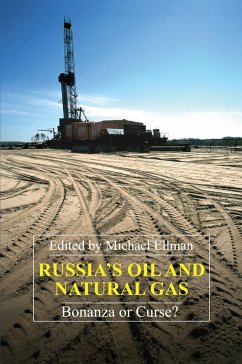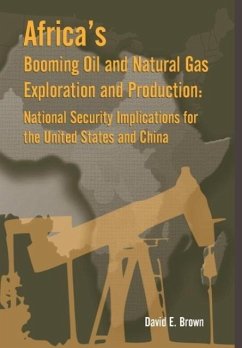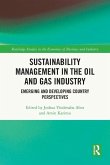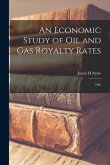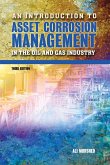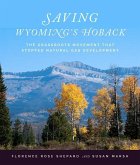'Should be the recommended first read for anyone wishing to obtain knowledge and insights on the implications of the oil boom for Russia.' "John Litwack, Chief Economist for Russia, The World Bank" 'A "grab bag" full of choice prizes offered by a stellar collection of European and American scholars. I recommend the collection to all serious students of the Russian economy.' "James R. Millar, Director of the Institute for European, Russian and Eurasian Studies, The George Washington University" 'A very timely and provocative research conducted by a group of highly qualified experts... highlights one of the most critical challenges of national and global development.' "Leonid Todorov, Institute for the Economy in Transition" It is well known that resource-rich countries may suffer from a 'resource curse.' Their economic performance in the medium and long-run may be adversely affected by the resource riches. This problem is particularly important for Russia, since it is the world's second largest producer and exporter of oil, largest producer and exporter of natural gas, and also exports other natural resources such as diamonds, platinum, nickel, coal, iron ore, timber, and grain. This book is an edited collection, bringing together well-known specialists from Russia, Japan, Western Europe and the USA, providing data about the Russian hydrocarbons sector, its size, economic significance, and taxation. It also offers data about the growth of the Stabilization Fund. In addition, it analyses the role of the hydrocarbons sector in Russia's post-1998 economic boom, drawing attention to the contribution of remittances to Russia of the proceeds of raw material exports. With respect to international political economy, "Russia's Oil and Natural Gas" points out that Russia today, with its large energy exports, helps solve the problem of domestic energy shortages which plague many countries. In this way, Russia is currently a major contributor to world stability and the welfare of the energy importers. Michael Ellman is well known for his analysis of the Soviet regional show trials of 1937-38, the Soviet 1947 famine, the collapse of the USSR, and the demographic crisis in Russia in the 1990s. He was awarded the 1998 Kondratieff prize for his 'contribution to the development of the social science.' He is an associate editor of the Cambridge Journal of Economics, member of the international advisory board of Voprosy ekonomiki, and a member of the expert group of the UN Economic Commission for Europe's Post-Transition Economic Policy Forum.
Hinweis: Dieser Artikel kann nur an eine deutsche Lieferadresse ausgeliefert werden.
Hinweis: Dieser Artikel kann nur an eine deutsche Lieferadresse ausgeliefert werden.

